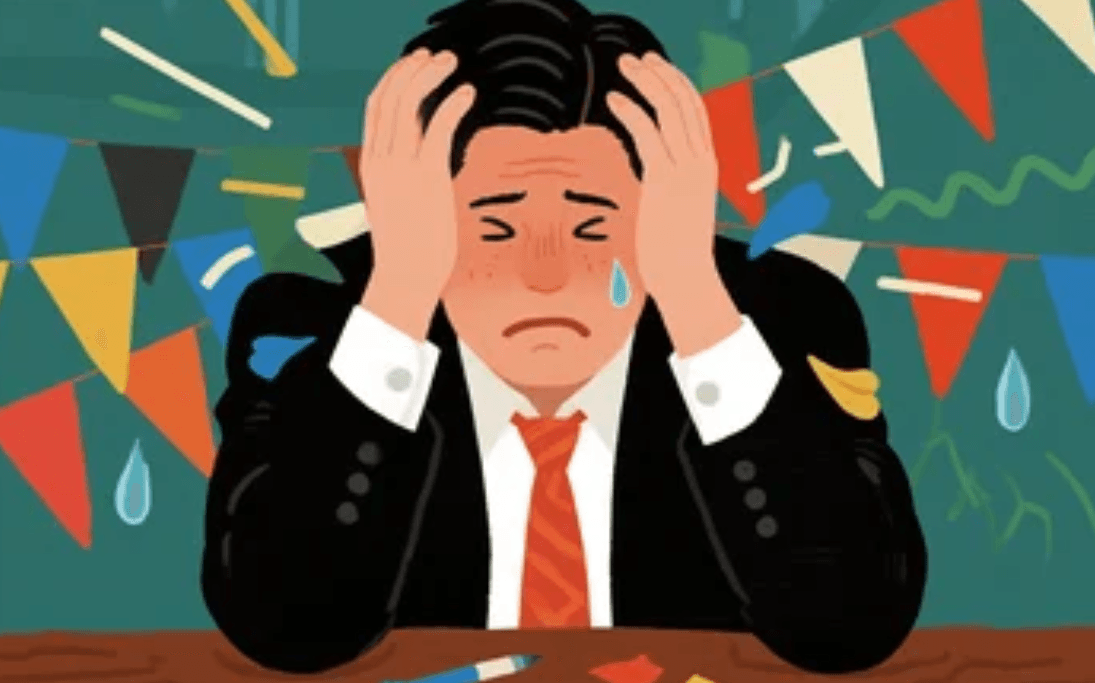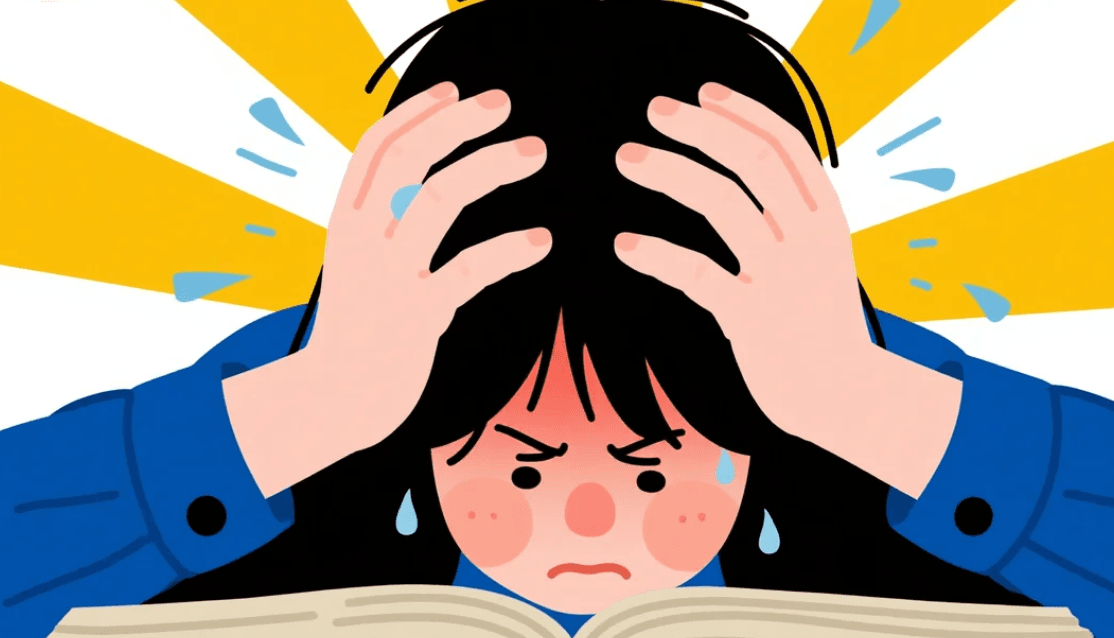Why Do I Have So Much Anxiety? Causes, Signs, and How to Cope
You're Not Alone in Feeling Anxious
Have you ever asked yourself, “Why do I have so much anxiety?” If so, you're far from alone. Millions of people across the world experience anxiety daily—some mildly, others to the point it affects their ability to function normally. Whether it’s a tight chest, racing thoughts, or a constant sense of dread, anxiety can feel overwhelming and confusing, especially when it seems to appear for no reason.
In this guide, we’ll break down the potential causes of anxiety, explore how it manifests in your body and mind, and provide strategies to help you manage it effectively.
What Is Anxiety?
Anxiety is a natural emotional response to stress, perceived threats, or uncertainty. It can be helpful in small doses, like preparing for a presentation or navigating a dangerous situation. However, when anxiety becomes chronic or out of proportion to the situation, it may signal an anxiety disorder.
There are several types of anxiety disorders, including:
- Generalized Anxiety Disorder (GAD)
- Social Anxiety Disorder
- Panic Disorder
- Phobias
- Obsessive-Compulsive Disorder (OCD)
- Post-Traumatic Stress Disorder (PTSD)
Common Symptoms of Anxiety
While symptoms can vary, most people with anxiety experience a combination of physical and mental effects:
- Racing heart or palpitations
- Shallow or rapid breathing
- Muscle tension and restlessness
- Fatigue, even without exertion
- Insomnia or disturbed sleep
- Irritability or emotional overwhelm
- Persistent worry or negative thoughts
- Digestive issues or nausea
Why Do I Have So Much Anxiety? 10 Common Causes
Many people struggle with anxiety without knowing exactly where it comes from. Below are some of the most common contributing factors:
1. Chronic Stress
Ongoing stress from work, finances, or personal relationships can wear down your nervous system, making you more prone to anxiety over time.
2. Genetics and Family History
If anxiety disorders run in your family, you may be genetically predisposed to anxiety. While this doesn’t guarantee you’ll develop it, it increases the risk.
3. Childhood Trauma or Neglect
Experiencing emotional neglect, abuse, or instability in childhood can shape your brain’s stress response and make you more reactive to stress as an adult.
4. Poor Sleep Habits
Sleep deprivation disrupts brain chemistry and increases levels of cortisol (the stress hormone), making it harder to regulate emotions and thoughts.
5. Caffeine, Sugar, or Alcohol
High consumption of stimulants like caffeine or sugar can increase jitteriness and trigger anxiety. Alcohol, while temporarily relaxing, often leads to “rebound anxiety” as it wears off.
6. Negative Thought Patterns
Cognitive distortions like catastrophizing, all-or-nothing thinking, or excessive self-criticism can trap you in a cycle of worry and fear.
7. Social Pressure and Comparison
Living in a highly competitive, always-connected digital world can increase feelings of inadequacy and anxiety, especially through social media comparison.
8. Lack of Exercise
Physical activity helps regulate neurotransmitters and release endorphins, natural mood boosters. Sedentary lifestyles are linked to increased anxiety levels.
9. Medical Conditions
Conditions like hyperthyroidism, hormonal imbalances, or vitamin deficiencies (like B12 or magnesium) can cause anxiety-like symptoms.
10. Unresolved Emotions
Suppressed anger, grief, or shame can surface as anxiety. When we avoid emotional processing, it often manifests in the body.
When Is Anxiety a Problem?
Some anxiety is normal. However, if it:
- Occurs most days over several weeks or months
- Interferes with work, relationships, or daily life
- Leads to panic attacks or avoidance behaviors
- Feels out of control or excessive
…then it may be time to seek support from a mental health professional. Early intervention is key to recovery and long-term wellness.
How to Reduce Anxiety Naturally
You don’t have to live in constant anxiety. Here are science-backed strategies to help calm your nervous system and retrain your brain:
1. Deep Breathing and Meditation
Conscious breathing activates your parasympathetic nervous system (rest-and-digest mode). Try inhaling for 4 seconds, holding for 4, exhaling for 6.
2. Regular Exercise
Even a 20-minute walk can reduce anxiety by releasing endorphins and lowering cortisol levels.
3. Limit Caffeine and Alcohol
Reduce intake of stimulants or substances that interfere with sleep and mood regulation.
4. Journaling
Writing out your thoughts and worries helps externalize them and brings clarity.
5. Connect with Supportive People
Talking to friends, family, or a therapist helps reduce isolation and builds emotional resilience.
6. Get Quality Sleep
Prioritize a consistent sleep schedule, avoid screens before bed, and create a calming bedtime routine.
7. Try Mindfulness Apps
Apps like Headspace, Calm, or the BodyWave app offer guided meditations, breathwork, and mood tracking features that support anxiety management.
How the BodyWave App Can Help You Track and Manage Anxiety
If you're looking for a high-tech, low-effort way to monitor and manage your anxiety, the BodyWave app is an excellent tool.
Key Features:
- Real-time stress tracking using heart rate variability (HRV)
- Mood journaling to recognize emotional patterns
- Guided breathwork and meditations to calm your nervous system
- Daily insights about how your habits affect stress levels
📲 Download BodyWave on the App Store or visit bodywave.life for more info.
When to Seek Professional Help
If self-help strategies aren’t enough, there’s no shame in seeking therapy or medical support. Consider talking to a therapist if you experience:
- Persistent panic attacks
- Debilitating fears or phobias
- Intrusive thoughts that don’t go away
- Suicidal ideation or hopelessness
Professional support can include cognitive behavioral therapy (CBT), EMDR, medication, or somatic therapies—depending on your needs.
Conclusion: Understanding Is the First Step to Healing
So, why do you have so much anxiety? It could be one reason—or several. Anxiety often arises from a mix of biological, psychological, and environmental factors. The good news is that anxiety is highly treatable, and you’re not alone in facing it.
With the right tools, support, and knowledge, you can begin to untangle the roots of your anxiety and regain control over your mind and body.
Remember: anxiety is a signal, not a sentence. It’s your body’s way of asking for attention, safety, and care. The healing begins with listening.







BodyWave: Invest in Your Well-being!

